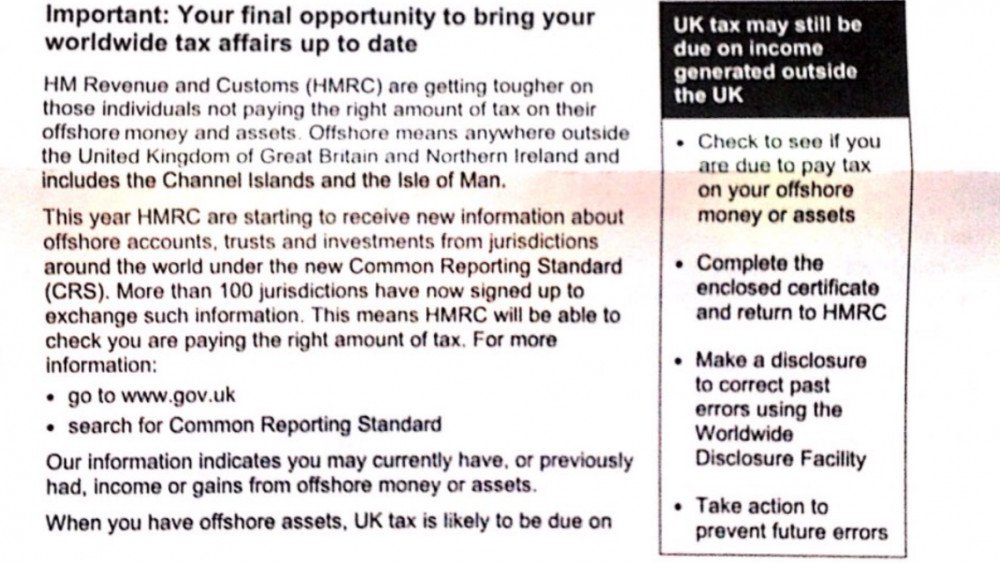A Common Problem
- Authors
-
-

- Name
- Patrick Maflin
-

It's the end of another season and although you have had a few wild nights, the back-to-back charters have helped to ensure that you managed to save some money.
Your account has swelled from the season’s tips. Now what to do with it? Maybe pay off some credit card debt, start saving for a deposit to buy a house or even keep it in the bank for future travel plans. It's not a bad problem to have, but is it a problem nonetheless?
Small question comes up - what if the money hasn't been declared; can you still spend it? You left home in a rush to start a new job on a boat, you weren't entirely sure what to do, and whether you had to do anything at all. You believe you're a non-resident and don't owe any tax, but are still unsure. You've read all the articles about filing tax returns and this new information sharing by your bank. You've listened to other crew member’s stories and have come to the conclusion that no, you're ok, you don't have to do anything.
You then get an email or phone call from home saying you have post piling up and one of the letters looks important. It's from your tax authority. The letter, sometimes called a Certificate of Tax Position, as pictured above.
What should you do?
1. Panic.
2. Panic some more.
3. Realise that this is a problem and you actually need to do something.
As of the 1st of September 2017 in the UK, HMRC started receiving details of bank accounts, trusts and holdings as a result of the Common Reporting Standard. We have since been contacted by yacht crew who have received this type of letter.
What are your options?
Depending on which country you call home there may be a voluntary disclosure option such as the Worldwide Disclosure Facility (UK) or the Offshore Disclosure Program (US) which your tax authority will advise you to use, although there are still penalties and tax that will apply if you choose this route, but you won't face prosecution. The best course of action however, is to see if you qualify for any tax exemptions available to yacht crew. The UK and US both have exemptions available to Seafarers, which enable crew to declare their income without paying tax and penalties.
Time is definitely of the essence especially upon receipt of one of the letters such as the above pictured. You will only have 30 days in which to complete the necessary forms and return them to show you are declaring your income. There are ways to manage your situation and come out above board, sometimes even with a 0 tax liability.
If you wish to find out more about your specific situation please feel free to contact us.
Any advice in this publication is not intended or written by Marine Accounts to be used by a client or entity for the purpose of (i) avoiding penalties that may be imposed on any taxpayer or (ii) promoting, marketing or recommending to another party matters herein.


